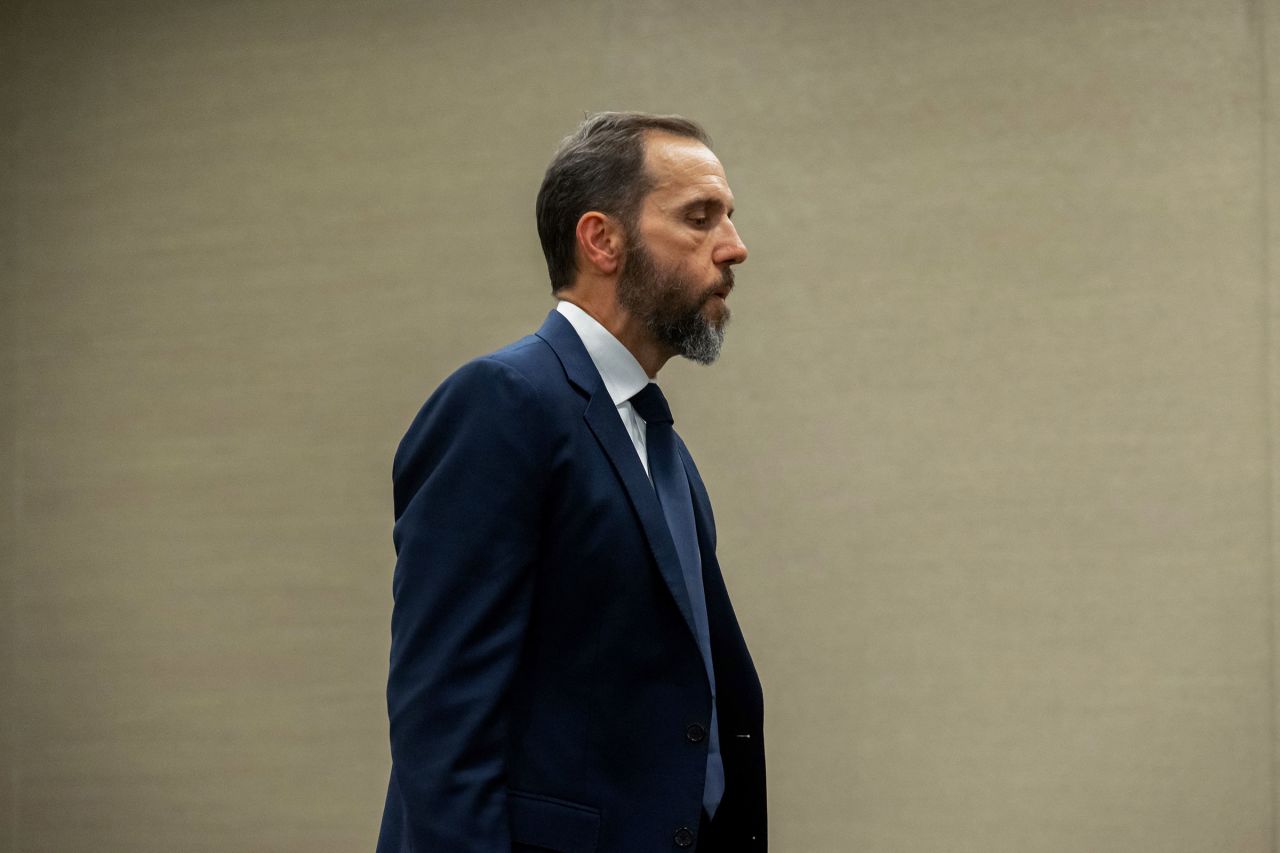
The court made clear that unofficial actions do not receive immunity and special counsel Jack Smith has long made clear that he feels he could continue the case based on those unofficial actions. In that sense, if Smith narrowed his indictment, lower courts could hear the Trump trial this year.
But the court also left a lot of work for lower courts to sort out on what constitutes an official act versus a private one.
“Certain allegations – such as those involving Trump’s discussions with the Acting Attorney General — are readily categorized in light of the nature of the president’s official relationship to the office held by that individual,” Roberts wrote. “Other allegations – such as those involving Trump’s interactions with the vice president, state officials, and certain private parties, and his comments to the general public – present more difficult questions,” Roberts wrote.
But Roberts said lower courts that must decide whether those actions “are subject to immunity, that analysis ultimately is best left to the lower courts to perform in the first instance.”
Steve Vladeck, CNN Supreme Court analyst and professor at the University of Texas School of Law, said the discussion of evidence makes it even more difficult for the special counsel.
“Even more striking than the majority’s recognition of both categorical immunity from ‘core’ acts and ‘presumptive’ immunity from other official acts is the Court’s insistence that immunized conduct can’t even be used as evidence in a trial for conduct for which a former president is not otherwise immune,” Vladeck said.
“That’s a huge issue both in Trump’s case and going forward, because it will make it much harder to prove that former presidents committed crimes for which they can be tried, even if they’re not necessarily immune from being tried for such offenses,” he added.